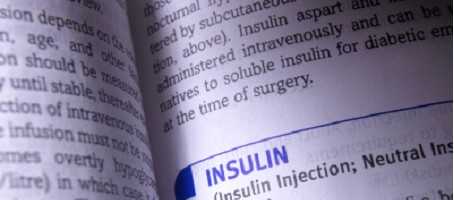Researchers from Israel have identified a molecule in the body that appears to play a role in the development of diabetic complications.
Modern medicines mean that many people with diabetes are able to live reasonably comfortable lives from one day to another. The condition only starts to become difficult and more dangerous once diabetic complications set in.
Complications are conditions caused by organ damage which can occur after a number of years of having elevated blood sugar levels. Some of the more common complications of diabetes include neuropathy (nerve damage), nephropathy (kidney damage), retinopathy (retinal damage), heart disease and stroke.
The research team, from the Beth Israel Deaconess Medical Center (BIDMC), found that high blood glucose levels induced higher levels of the molecule PGC-1alpha within the thin layer of cells on the inside of blood vessels (endothelial cells). The high levels of PGC-1alpha inhibited growth of blood vessels.
The discovery could possibly lead to new medications being developed. However, the researchers note that PGC-1alpha plays other roles within the body, such as promoting the growth of blood vessels within muscle and therefore suppressing PGC-1 alpha could bring other side effects.
The new findings invite more research to be carried out to further understand the role of PGC-1alpha. For the mean time, the best way to reduce the risk of diabetic complications is to keep your diabetes under control as well as you can.
What's new on the forum? ⭐️
Get our free newsletters
Stay up to date with the latest news, research and breakthroughs.







